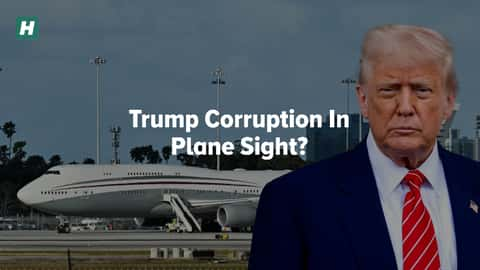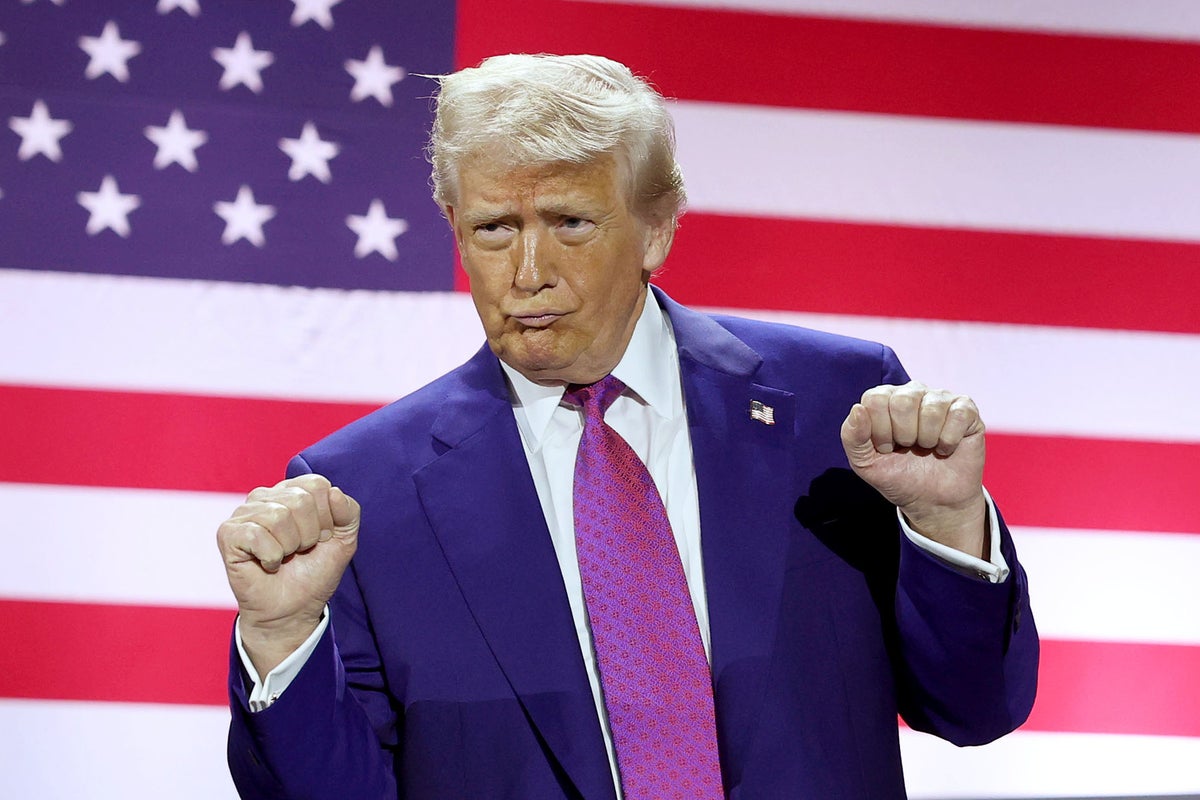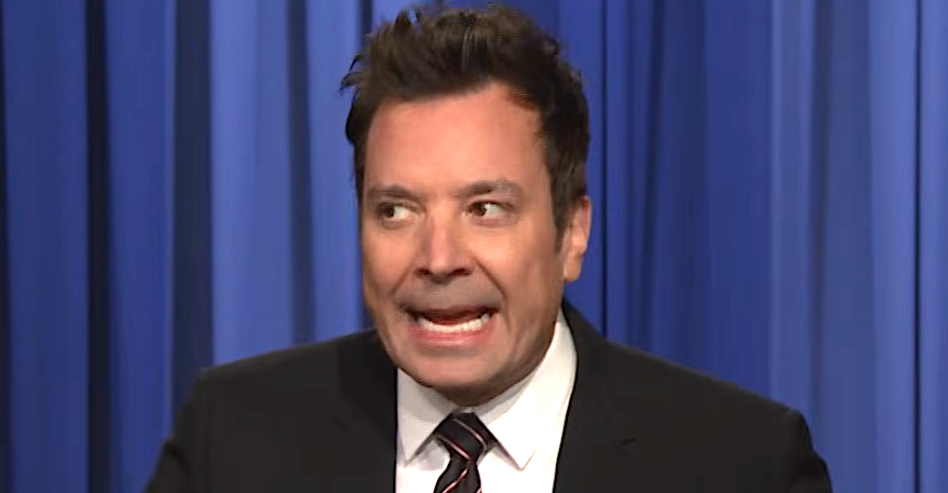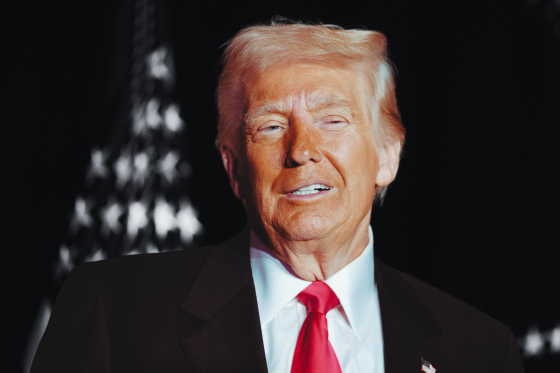Kevin O’Leary Orders Abby Phillip To Shed Her ‘Trump Derangement Syndrome’
In a recent segment on CNN’s “NewsNight with Abby Phillip,” finance mogul and investor Kevin O’Leary, widely recognized for his role on the hit show “Shark Tank,” found himself embroiled in a fierce debate over President Donald Trump’s receipt of a $400 million private jet gift from Qatar. This event has sparked significant ethical debate across political spectrums, particularly regarding its implications under the emoluments clause of the U.S. Constitution, which explicitly prohibits the president from accepting any gifts from foreign entities that could be construed as corruption or bribery.
O’Leary, known for his forthright opinions, challenged the relevance of the jet controversy to broader Middle East policy issues. He argued that such discussions often distract from more pressing matters, urging Phillip and her fellow panelists to “distance themselves from Trump Derangement Syndrome.” This phrase, often used by critics of the intense scrutiny surrounding Trump’s actions, suggests a fixation that O’Leary believes overshadows substantive policy discussions. Despite his assertiveness, Phillip countered his assertion, stating that the ethical implications of accepting a jet worth $400 million were indeed significant and should not be trivialized simply because they relate to Trump.
The Ethical Implications of Trump’s Jet Gift
The ethical concerns surrounding the jet gift from Qatar extend beyond mere politics; they delve into the foundational principles of American governance. The emoluments clause was designed to prevent foreign influence over U.S. officials, ensuring that personal gain does not interfere with the duties of public office. Critics argue that accepting such lavish gifts creates a potential conflict of interest, sowing seeds of doubt about the integrity of decisions made by the president in relation to foreign policy.
O’Leary’s insistence on distancing the conversation from what he termed ‘Trump Derangement Syndrome’ reflects a broader perspective within certain circles that seek to refocus political discourse on policy issues rather than personality conflicts. This perspective is vital for fostering effective dialogue and constructive political engagement. However, as Phillip pointed out, ignoring or downplaying these ethical dilemmas could set dangerous precedents, normalizing what should be viewed as egregious behavior.
The Broader Context of American Political Discourse
The tension between O’Leary and Phillip illustrates a significant ideological divide that characterizes contemporary American political discourse. In the wake of Trump’s presidency, debates often revolve not just around policies, but also around ethical standards expected of those in power. Many Americans are concerned about the implications of accepting foreign gifts and how they might sway decision-making.
O’Leary’s call for a more policy-focused discussion is a viewpoint echoed by many who feel that America’s political landscape has become mired in sensationalism. Yet, the insistence on ethical accountability is equally vital, as it serves as a check against potential abuse of power. As political commentators and analysts dissect these conversations, it becomes clear that there’s a vital need for a balanced approach—one that incorporates both robust policy discussions and a keen awareness of ethical implications.
Navigating the Future of Political Conversations
The ongoing debates surrounding figures like Donald Trump and their actions illuminate the challenges of navigating modern political conversations. The notion of ‘Trump Derangement Syndrome’ showcases how opponents can resort to dismissive language when faced with challenging ethical questions. However, as society pushes for greater transparency and accountability from elected officials, it is essential to maintain a dialogue that includes both ethical considerations and substantive policy critique.
As the political landscape continues to evolve, engaging in thoughtful, respectful discussions about these matters will be crucial. It is not enough to simply reframe issues or dismiss criticisms as unfounded; voters and citizens deserve a thorough examination of the implications of political actions, especially regarding ethics and governance.
In conclusion, the fiery exchange between Kevin O’Leary and Abby Phillip serves as a vivid reminder of the importance of balancing ethical scrutiny with meaningful policy discourse. As viewers and participants in today’s political dialogue, it is our responsibility to remain informed and engaged, advocating for clear ethical standards in our leaders while pushing for a deeper understanding of the policies that shape our nation. Join the conversation today—share your thoughts on the ethical responsibilities of public officials and how we can cultivate a political environment focused on integrity and accountability.




